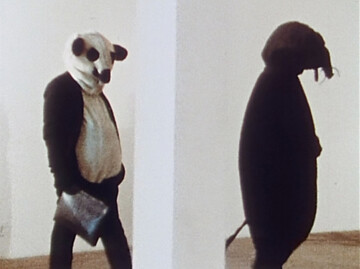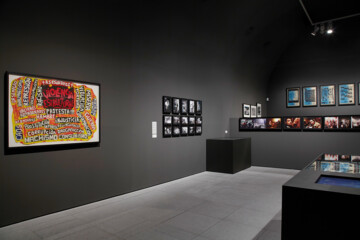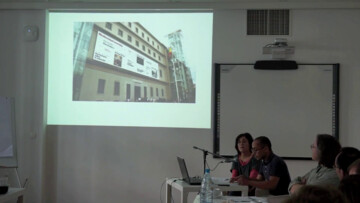The use of the term “contemporary” can be traced back to at least the XVIIth century, but it has been recently endowed with the transformative power to “produce a future” (Julia Bryan Wilson) against the ideology of “the new” and the fetish of permanent “innovation”. This concept operates against the grain of the Western evolutionary drive; what Habermas called an “unfinished modernity”. In this sense, the contemporary is what resist to adapt or to belong to its own time (Agamben), a “present which does not exist” according to Mallarmé, connecting with vindications of alterity, negativity and a non-representable multitude. Historizing from a contemporary subject position, which is also “ex-temporary”, may allow us not only to oppose the linear logic of modernity and the ideological determinations of globalization, but to propose radically different genealogies of the “post-war”, “post-68”, “post 89” world. The “antagonistic” and the “intempestive” nature of the contemporary attitude may convey, as Tom McDonough argues, “an urgent charge to think in terms of those transversal linkages between aesthetic practice and the contested terrain of social relations”.






